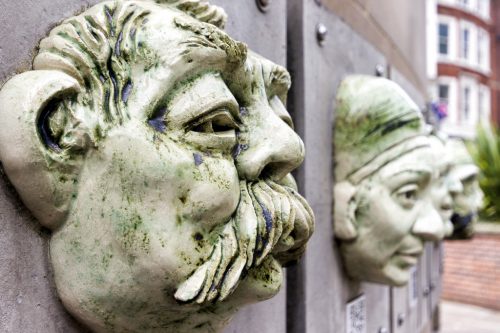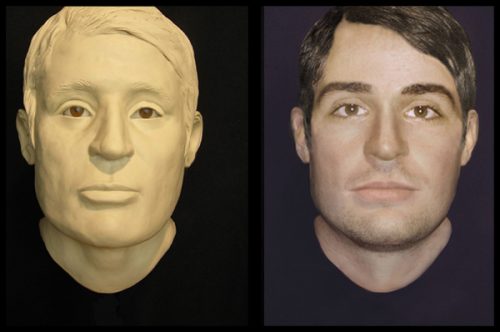At least once in our life, we’ve probably judged someone based on how they look. Technically speaking, the concept of doing this exists, and it’s called morphopsychology.
Meet Morphopsychology
Morphopsychology focuses on how an individual’s physical appearance may say something about his or her personality in real life. This concept was first introduced by Dr. Louis Corman in the 20th century and remains to be studied now as more and more data are being discovered.

Source: flickr.com
One of the study’s goals was for doctors to better understand why a person acts as such and not to justify any forms of judging or discrimination towards others. In some studies, it’s also termed as facial analysis as some physical features may deduct a thing or two about the subject’s lifestyle and other tendencies.
“The link between facial features and character may be tenuous at best, but that doesn’t stop our minds from sizing other people up at a glance,” adds Alex Todorov, PhD, an assistant professor of psychology.
Morphopsychology Matters
Now that we’re aware of what morphopsychology is, what now?

Source: oceanservice.noaa.gov
The psychology of facial analysis has contributed several benefits to society such as individuals, corporations, and more. It has also evolved into a tool that can help improve mental health to bring more people to pursue personal development.
Morphopsychology has helped people focus better on their strengths now that it has been identified through the study. Morphoanalysis helps different individuals know what they’re good at and, through this, further motivate them to invest and take advantage of such strengths so that they can create an impact on others and themselves.
Having a mindset to improve one’s personal development can also impact one’s mental health. Knowing our strengths and weaknesses contributes significantly to our being self-aware, and this idea helps us perform better and focus on things which we know will be healthier and much more beneficial.
Psychologists Shelley Duval and Robert Wicklund state, “When we focus our attention on ourselves, we evaluate and compare our current behavior to our internal standards and values. We become self-conscious as objective evaluators of ourselves.”

Source: pixabay.com
Positive thoughts and healthy lifestyle improve one’s mental health. Because it makes us self-aware and much more interested in personal development, it helps set barriers against negative ideas which may have adverse implications on us. In relation to this, it also teaches us self-acceptance. Now that you know what you can and cannot do, now what?
Self-acceptance comes with the ability to accept what is not possible and make do on what can be improved. This awareness helps a lot in mental stability because you pursue to make yourself better instead of beating yourself up over things that cannot be changed or that do not make you as you.
Robert Holden, PhD, writes in his book Happiness Now! “Happiness and self-acceptance go hand in hand. In fact, your level of self-acceptance determines your level of happiness. The more self-acceptance you have, the more happiness you’ll allow yourself to accept, receive and enjoy. In other words, you enjoy as much happiness as you believe you’re worthy of.”
Now, in terms of the workplace, morphopsychology helps companies and organizations more effectively assign tasks based on the strengths of each person. If this particular worker is better in communication, then this specific task can be given to him or her. With this, individuals can practice their strengths and get more opportunities. Its application in the workplace promotes certain dynamics that give employees a safe place to be in and creates a healthy working environment.
Not only does it help individuals develop and perform well but also the study of morphopsychology can help people nurture relationships, may it be familial, platonic, or anything! With morphopsychology, it is easier to find people whom you know you can vibe well and relate to. You can easily pinpoint whom you can spend time within certain situations given their appearance.
However, looks can also be deceiving, and first impressions may not last. While the study is being developed, it’s still better to be careful in choosing your life constants. With or without the study, it’s still best to be self-aware so you can achieve the best version of yourself.
You are unique. You are special. Don’t let anyone tell you otherwise.